Running a business in Malaysia today is not easy. Whether you’re in retail, trading, manufacturing, or services, you’re expected to manage compliance, cut costs, and still deliver value to customers. Many business owners rely on multiple disconnected systems — one for sales, one for inventory, one for accounting — only to find themselves drowning in spreadsheets and manual work.
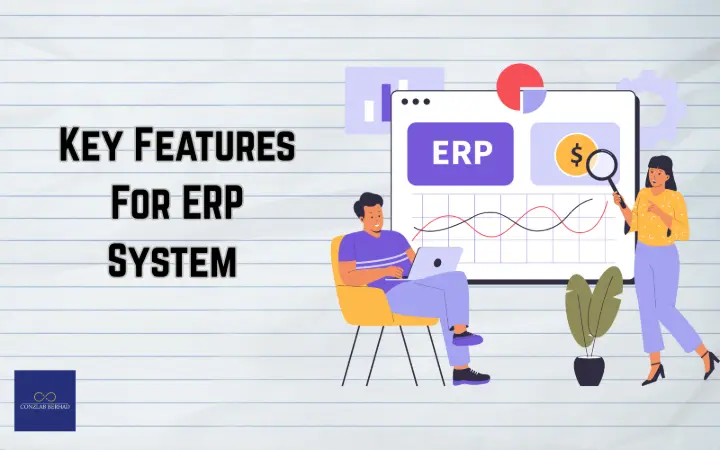
This is where an Enterprise Resource Planning (ERP) system becomes a game changer. An ERP centralises your operations into one platform, giving you real-time visibility and control. But not all ERP systems are created equal.
Here are the 11 key features every ERP system should have, and how Conzlab ERP — trusted by many Malaysian businesses — is built to deliver them.
1. Automation
Repetitive tasks like payroll, invoicing, and month-end reporting can consume hours of staff time. An ERP system should automate these processes to reduce errors and speed up operations.
For Malaysian businesses, this includes automating:
- Payroll calculations with EPF, SOCSO, and EIS compliance
- Automatic invoice generation and reminders
- Standardised monthly reports for management review
With Conzlab ERP, these processes run in the background, freeing your team to focus on business development and customer engagement.
2. Integration
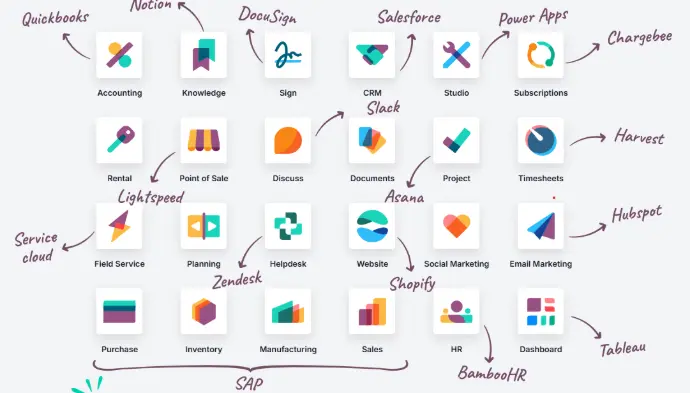
Many SMEs struggle because accounting, HR, and operations are managed in different systems. This disconnect creates duplication and confusion.
An integrated ERP connects all departments into one platform. Finance, HR, sales, and operations can share the same database, ensuring consistency across the business.
Conzlab ERP, built on the Odoo framework, offers end-to-end integration with a user-friendly interface — meaning less time switching between systems and more time making decisions that matter.
3. Data Analysis
Every business generates data, but without proper tools, it often goes unused. ERP systems turn raw data into actionable insights.
With advanced analytics, you can:
- Monitor sales patterns by product or region
- Identify inefficiencies in operations
- Forecast demand more accurately
Conzlab ERP provides visual dashboards that simplify data into easy-to-understand graphs and KPIs, so Malaysian SMEs can make decisions based on facts rather than guesswork.
4. Accounting
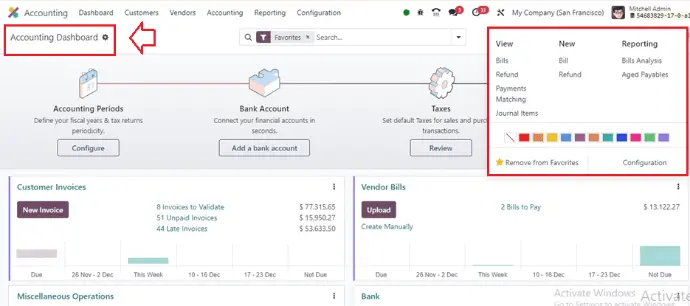
Accounting is at the heart of ERP. Beyond just recording transactions, ERP should help you comply with Malaysian regulations and manage finances with precision.
Key features include:
- SST compliance and reporting
- Multi-currency support for imports and exports
- Bank reconciliation with local financial institutions
Unlike generic software, Conzlab ERP includes local Malaysian localisation, ensuring finance teams stay compliant without the need for additional plugins.
5. Financial Management
Accounting records the numbers, but financial management helps you understand them. ERP should allow you to plan budgets, monitor spending, and forecast cash flow with confidence.
With an ERP, managers can:
- Compare budgeted vs actual spending
- Plan project-based finances
- Forecast long-term growth strategies
This enables business owners to make informed decisions about expansion, investments, or cutting unnecessary costs.
6. Reporting
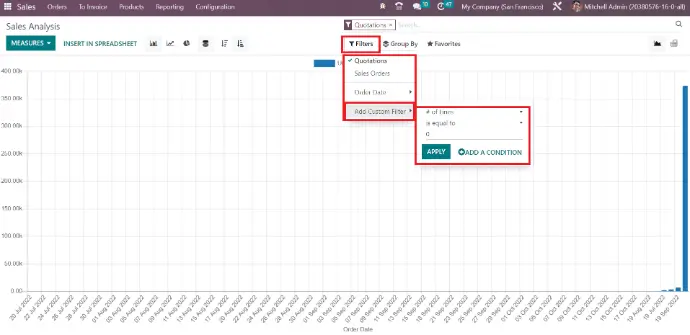
Reports are critical for decision-making, and ERP should make reporting effortless. Instead of manually compiling spreadsheets, ERP systems generate reports instantly.
For Malaysian companies, reporting is especially important with LHDN’s upcoming e-invoicing mandate, which will require real-time accuracy. Conzlab ERP provides ready-to-use reports on:
- Profit & Loss
- Sales performance
- Tax compliance
With dashboards and charts, you can see trends clearly and act quickly when adjustments are needed.
7. Supply Chain Management (SCM)
A weak supply chain leads to delays, wastage, and frustrated customers. ERP systems optimise supply chain operations by monitoring suppliers, automating purchase orders, and improving logistics.
For Malaysian industries, halal supply chain tracking is also a growing need. ERP systems like Conzlab support this by offering batch traceability and supplier verification. This not only improves compliance but also builds trust with consumers.
8. Inventory Management
Managing inventory is one of the most challenging aspects of running a business. Too much stock ties up cash flow, while too little stock results in missed sales.
An ERP system improves inventory control through:
- Real-time stock visibility
- Multi-warehouse and branch management
- Expiry-date and batch tracking for sensitive goods
By using Conzlab ERP, retailers and manufacturers in Malaysia can maintain healthier working capital while ensuring customers always find what they need.
9. Customer Relationship Management (CRM)
Your customers are your most valuable asset. ERP systems with CRM modules help businesses manage the entire customer journey — from enquiries to repeat purchases.
This integration allows your team to:
- Track purchase history
- Personalise promotions
- Monitor customer satisfaction
With Conzlab ERP, all customer data is stored in a centralised system, enabling SMEs to provide consistent, high-quality service that builds loyalty.
10. Human Resources (HR)
Managing people is as important as managing money. ERP systems simplify HR functions such as recruitment, payroll, attendance, and compliance.
In Malaysia, compliance with EPF, SOCSO, and EIS is mandatory. An ERP HR module ensures accurate deductions and timely submissions.
Conzlab ERP also offers employee self-service portals, letting staff apply for leave or download payslips online, reducing paperwork and improving transparency.
11. Tracking & Visibility
One of the biggest advantages of ERP is the visibility it provides. Business owners can monitor operations in real-time, whether from the office or on the go.
With live dashboards, you can track:
- Sales and revenue updates
- Expense monitoring
- Stock availability across branches
Conzlab ERP is mobile-friendly, meaning you’re never out of touch with your business performance.
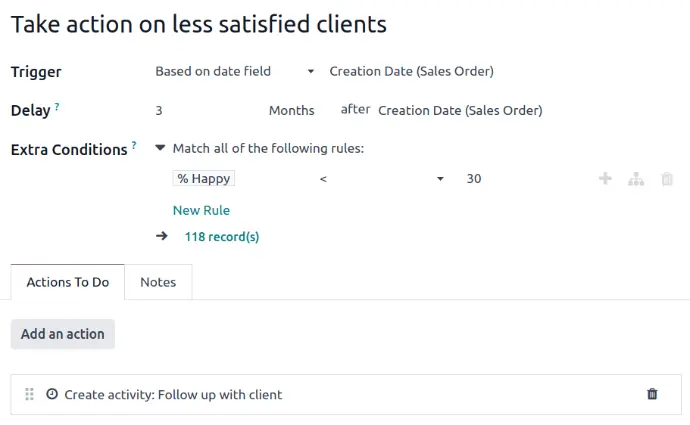
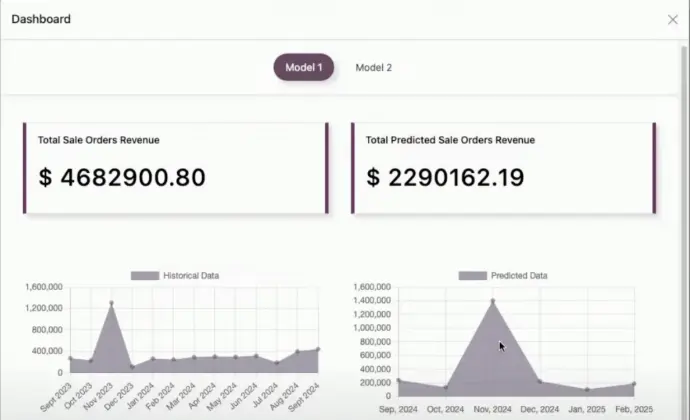
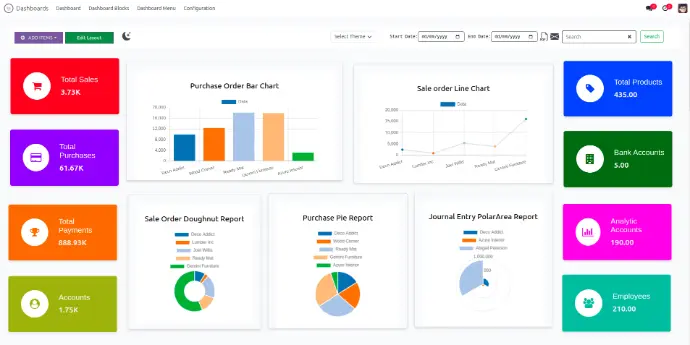
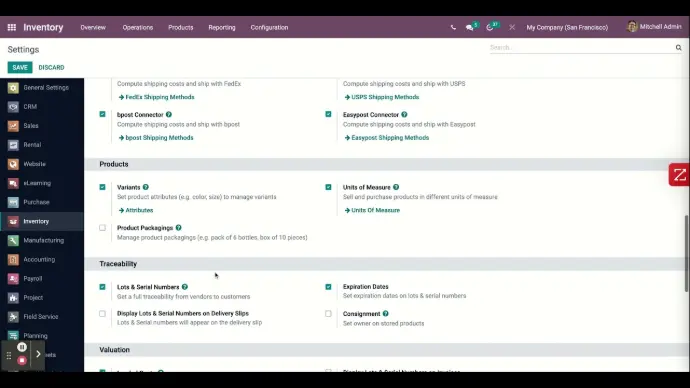

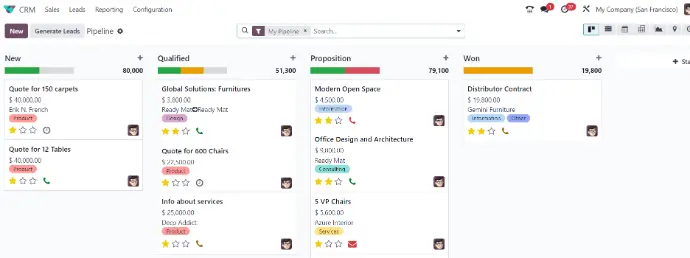
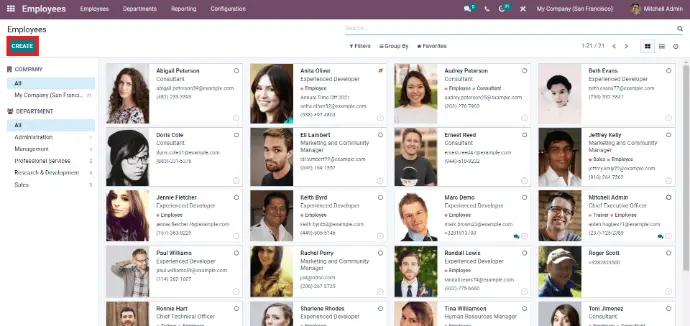
The Key Features Every ERP System Should Have